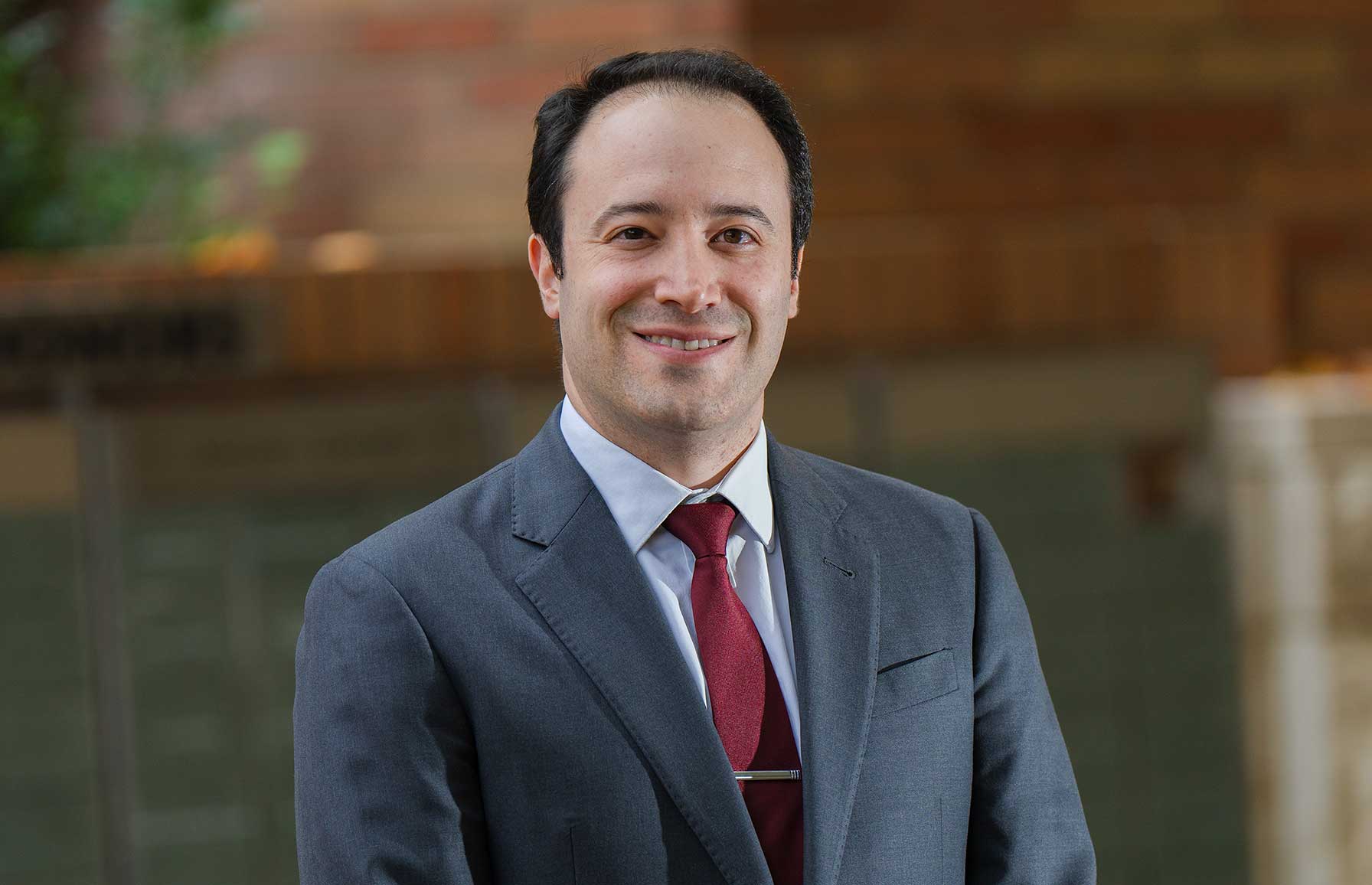

Evaluating the Impact of IVIg on Elranatamab Outcomes in Relapsed or Refractory Multiple Myeloma: A Real-World Analysis
Dr. Andrew Portuguese, assistant professor (Hematology and Oncology) has received a ~$250K research grant from Pfizer focused on real-world elranatamab outcomes in multiple myeloma. He is the PI of a multi-institutional collaboration with the Cleveland Clinic and Moffitt Cancer Center.
Elranatamab, a BCMA-directed bispecific antibody, has shown promising efficacy in relapsed or refractory multiple myeloma (RRMM), but infections remain a major cause of treatment discontinuation and non-relapse mortality.
Preliminary real-world data suggest intravenous immunoglobulin (IVIg) may reduce infection risk and improve outcomes in this setting. However, existing evidence is limited by treatment selection bias and
lacks rigorous causal analysis. There is a need to evaluate IVIg as a supportive care intervention using robust, methodologically sound approaches.
The researchers project, “Evaluating the Impact of IVIg on Elranatamab Outcomes in Relapsed or Refractory Multiple Myeloma: A Real-World Analysis” evaluates whether intravenous immunoglobulin (IVIg) improves safety and clinical outcomes in patients receiving elranatamab, a BCMA-directed bispecific antibody, with the goal of informing evidence-based infection mitigation strategies.
This will be a rigorous, multi-center analysis of IVIg as a supportive care intervention in this setting, leveraging detailed real-world data and modern causal inference techniques.